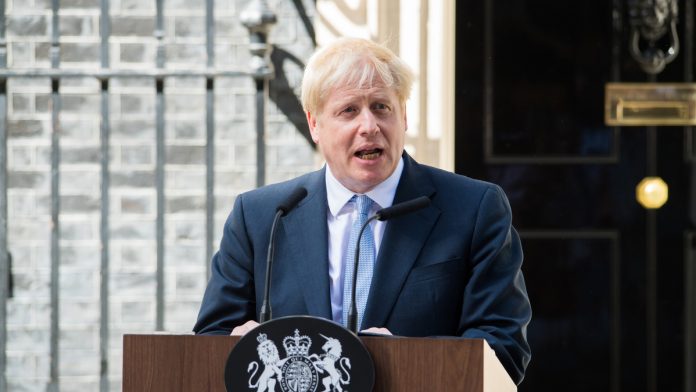- Pound (GBP) slips after Boris Johnson announces a second national lockdown
- UK Manufacturing PMI expected to confirm slight expansion of 53.5
- Euro (EUR) sold off heavily last week as covid cases jumped & France & Germany lockdown
- Eurozone manufacturing MPU to show resilience for now
The Pound Euro (GBP/EUR) exchange rate is edging lower on Monday after recording strong gains across the previous week. The pair rallied 1% last week closing on Friday at €1.1107, just slightly off the 2-month high of €1.1133. At 05:15 UTC, GBP/EUR trades -0.1% at €1.1094.
Over the weekend British Prime Minister Boris Johnson performed a spectacular U-turn plunging the UK back into a national lockdown from Thursday. The overriding fear is that many businesses will not be able to survive a second lockdown.
In an attempt to support the economy, Chancellor Rishi Sunak has dramatically extended his furlough scheme just hours before it was due to end, as he bowed to business leaders for more financial support through the oncoming 4 week lock down.
The avoid a 20% quarter on quarter contraction, similar to the first lockdown in April, the Bank of England, which is due to make its monetary policy announcement later this week is expected to announce further monetary easing, according to the Guardian newspaper. The BoE is considering injecting up to £100 billion into the economy over fears that the second lockdown will lead to a double dop recession.
Looking ahead UK manufacturing PMI data will be in focus. The manufacturing sector has proved to be more resilient that the service sector through the pandemic. Analysts are expecting the PMI to confirm October’s flash reading of 53.5.
The Euro sold off across the previous week as covid cases surged and France and Germany, the largest economies in the Eurozone almost simultaneously announced month long national lockdowns.
Attention will now turn towards the manufacturing PMIs. France and Germany’s most recent flash PMIs revealed that economic activity remained robust despite rising infection rates. This could be partly put down to inventory restocking. However, as the lockdown restrictions weigh, a drag on activity is expected in the coming weeks and months.





